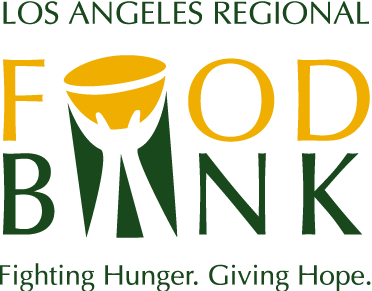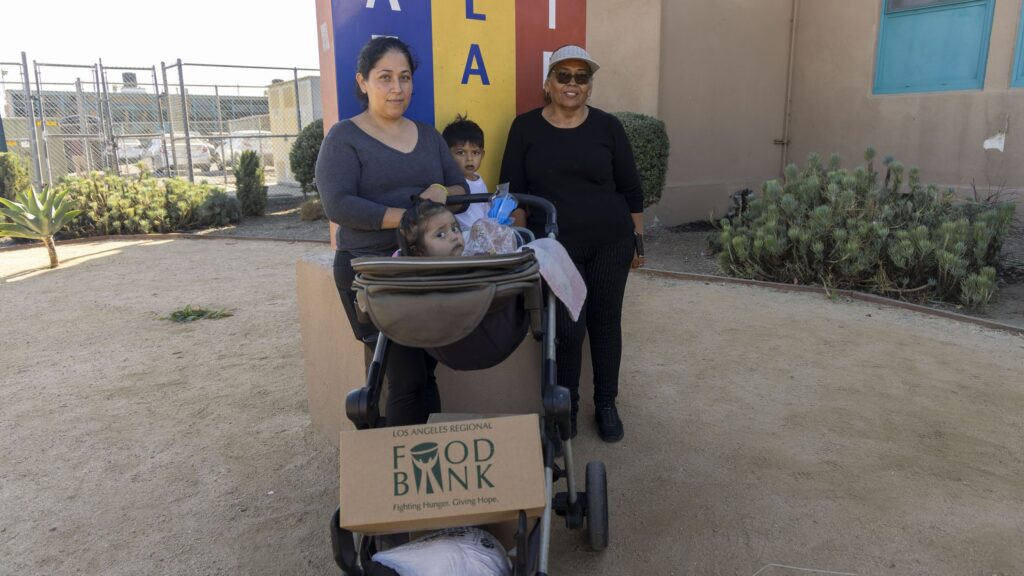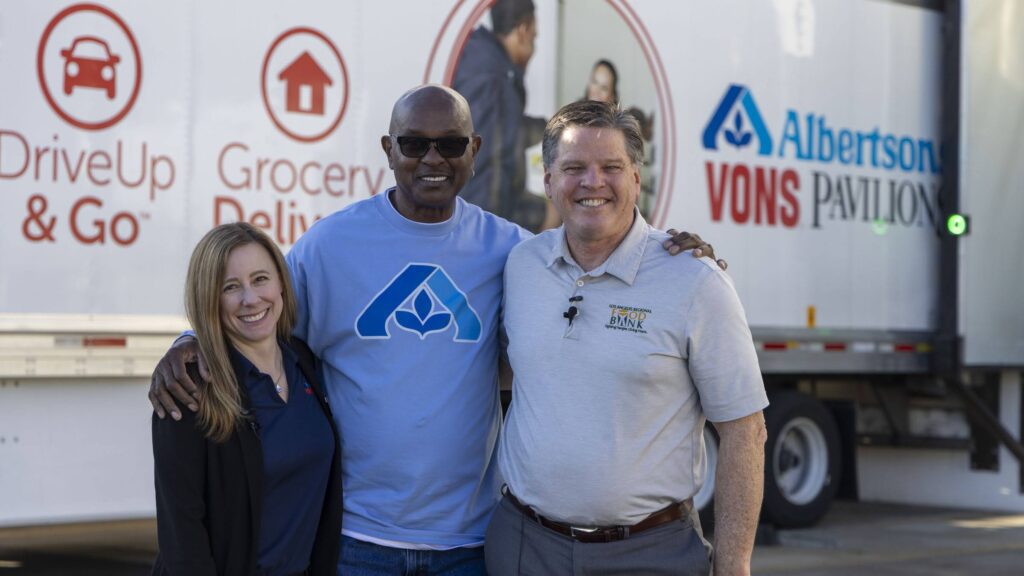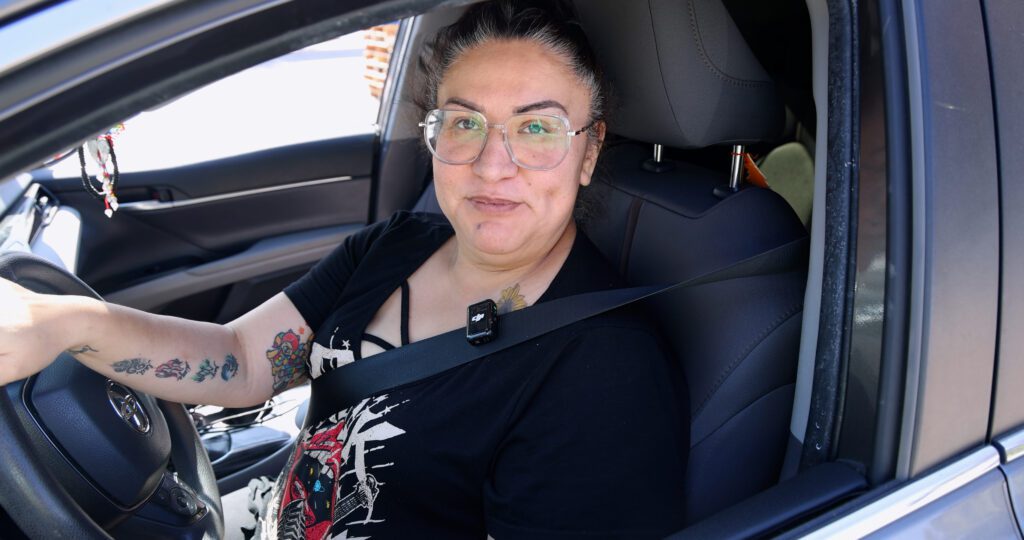Food-Insecure Older Adults are More Susceptible to Cognitive Decline
Food-Insecure Older Adults are More Susceptible to Cognitive Decline
Experts recently shared that older adults who faced food insecurity experienced quicker cognitive declines compared to their food-secure counterparts, reports the American Society for Nutrition (ASN). Food-insecure older adults are more likely to struggle with malnutrition, depression and physical functioning impediments.
Related > Executive Summary: Food Insecurity Is Associated with Mental Health
According to a study presented in The Journal of Nutrition, ASN also states that food sufficiency and Supplemental Nutrition Assistance (SNAP) program participation may help prevent cognitive decline in older adults.
Many older adults in Los Angeles County have a hard time with regularly accessing the food they need to stay healthy. This population sector is particularly vulnerable to food insecurity as they have fixed incomes to stretch amidst the steep costs of housing and transportation in LA County.
While there are assistance programs, these older adults may still need help to access nutrient-dense food. Not having proper nutrition, more senior adults risk increased disability, decreased resistance to infections, weakened immune systems and declined mental health. Older adults must maintain a nutritious diet as doctors often prescribe medicine assuming that patients reach a healthy caloric intake threshold.
How the Food Bank Fights Food Insecurity Among Older Adults
The Food Bank is committed to offering programs that serve older adults, which can help them save money so they don’t have to make the impossible choices between paying rent, utility bills, buying medication or purchasing healthy food. With the help of the Commodity Supplemental Food Program (CSFP), the Food Bank is able to reach a substantial number of seniors. In 2022, CSFP distributed more than 330,000 food kits. Each kit weighs approximately 30 pounds and contains mostly shelf-stable staples such as milk, beans, grains and canned fruits and vegetables. Thanks to dedicated volunteers who make this work possible, the Food Bank is proud to facilitate the largest CSFP in the country.
Through the help of the Food Bank’s partner agency network made up of more than 600 other charitable organizations across the County, the Food Bank is also able to reach more food-insecure seniors.
One Food Bank partner agency, LA Ephesus Seventh-Day Adventist Church, saw the need in its senior community and stepped up to make sure this population had nutritious food even during the part of the pandemic when it was advised for seniors to stay at home to help mitigate the spread of the virus among the most vulnerable.
Dena Eldrige, who works with the Salvation Army as a Residence Services Coordinator, serves a senior home within the Ephesus community. Eldridge is the liaison between seniors and Ephesus on their food needs and delivers food kits from Ephesus to seniors as many seniors may need access to transportation and help to transport 30-pound food boxes.
Eldrige reports stories that include obstacles that seniors in her community face. With rent, utilities, and food prices increasing, many seniors can’t afford to make the entirety of the month on a limited budget. Refrigerators start to deplete as well as their wallets by the month’s end. Thanks to food donations provided by the Food Bank, Eldrige is able to help bridge the hunger gap for seniors in her community.
“Every bit helps, anything you’re donating helps and is utilized,” Elridge said. “If you took it away, or stopped giving, then a lot of these families would go hungry.”
If you are in the position to give, please help make a difference in the lives of the food insecure, including older adults.





